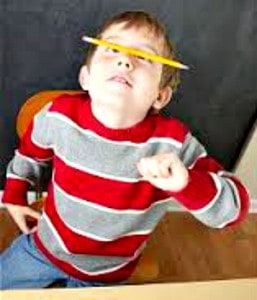
The CDC analyzed the rates of use for different ADHD treatments. They found that approximately 40 percent of children with ADHD are treated with medication alone, while only 10 percent are treated only with behavioral therapy. Thirty percent of children with ADHD received both medication and behavioral therapy and 10 percent received neither. Around 10 percent of children with ADHD took dietary supplements as a treatment.
For preschool aged children (ages four and five) the CDC found that:
- Half of preschoolers with ADHD received behavioral therapy.
- Half of preschoolers with ADHD took medication.
- Around 25 percent of children with ADHD were treated with only medication.
For children aged 6 to 17, fewer than one-third received behavioral therapy and medication.
The latest ADHD treatment guidelines, released by the American Academy of Pediatrics (AAP) in 2011, suggest that children under age six should receive behavioral therapy alone, without medication.
The results also indicate that there is a large variance in the type of treatment children receive depending on where they live. They observed that states with higher rates of behavioral therapy for ADHD tended to have lower rates of medication use, and vice versa. The highest of medication treatments for ADHD was in Michigan (88 percent) and the lowest was in California (57 percent). The highest rate of behavioral therapy for ADHD was in Hawaii (61 percent) and the lowest was in Tennessee (33 percent).
CDC Principal Deputy Director Ilena Arias, Ph.D., explains that, “We do not know what the long-term effects of psychotropic medication are on the developing brains and bodies of little kids. What we do know is that behavioral therapy is safe and can have long-term positive impacts on how a child with ADHD functions at home, in school, and with friends.”
This research is published in The Journal of Pediatrics.
Previous news in ADHD:



 © 2025 Unyte Health US Inc.
© 2025 Unyte Health US Inc.